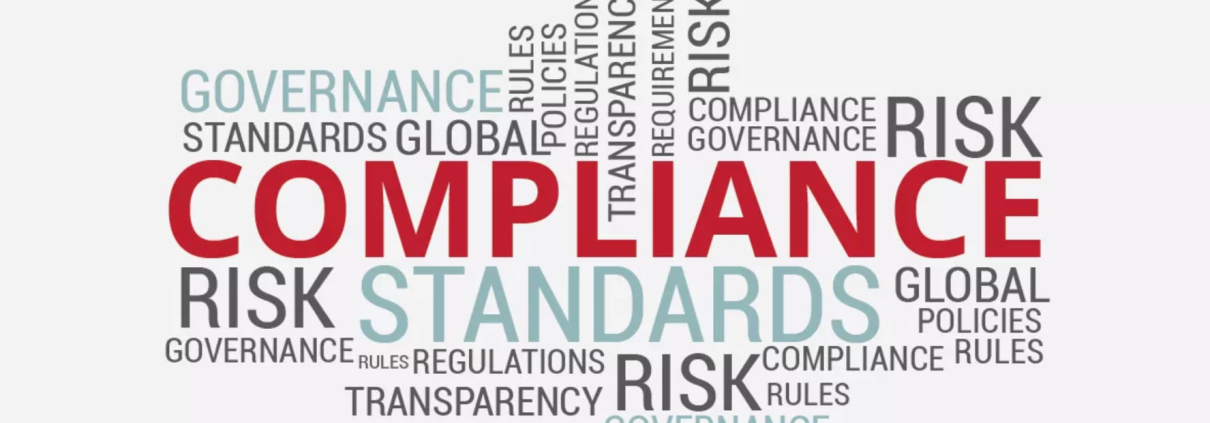WHAT IS NOT INSPECTED CAN NOT BE EXPECTED
The overriding objective for every public procurement system is to deliver efficiency and value for money in the use of public funds while adhering to laws and policies. However, underlying this serious quest is the silent inquisition to know exactly how the mere compliance with all these rules can result in the ultimate realization of the set goals. Hence, the need for us to reflect on key connections between compliance and performance management.
Compliance management is the process by which managers plan, organize, control, and lead activities that ensure adherence to laws and standards. Performance management on the other hand, assesses how these activities and outputs ultimately meet an organization’s goals in an effective and efficient manner. It is a warning or diagnosis control system used to keep track of economy, efficiency, effectiveness and efficacy in the long term (Teelken & Smeenk, 2003). In short, it’s a graceful way of calling organizations and processes to account (Bruijn, 2007).
After over two decades of procurement reforms in recent times, Ghana seems to have made a number of inroads with respect to getting procurement entities and other functionaries to comply with the requirements of the Public Procurement Act, 2003 (Act 663) as amended. The regulator-Public Procurement Authority (PPA) has also issued several guidelines and manual to aid smooth implementation.
To assess the level of compliance vis a vis the overall performance of the public procurement system in the country, the Authority has since its inception developed the Public Procurement Module of Excellence (PPME) Tool. Some of the baseline performance indicators imbedded in the tool include the assessment of the kind of support, Leadership and Management gives to the procurement function within institutions. Ethics and disputes resolution mechanisms instituted for procurement issues are also assessed. The actual Procurement Processes are also assessed to ascertain their levels of compliance and how they ultimately save on time, cost and deliver value.
In our bid to achieve high performance and not just compliance to a set of procurement rules, PPA’s assessments has recorded steady progress in critical areas such as procurement planning, public access to procurement infor-mation and procurement complaints management. For instance, statistics available indicate that at least 70.1% of public procurement by value is conducted through competitive means contrary to accessions of over reliance on single source and other non-competitive methods. In all, Ghana scored a grade of C+ in the recent Public Expendi-ture and Financial Accountability (PEFA) 2018 report as compared to the score of C in the 2012 assessment.
In spite of these appreciable improvements in Ghana’s procurement performance, it is time we drill deeper and interrogate how all these improvements are yielding real results. For instance, with the increase in the number of procurement plans submitted by entities, we need to assess how realistic these plans are, how have they been integrated into their institutional strategic plans, and what are the extent of variance between estimated and actual value of the procurements?
Furthermore, considering the fact that procurement processes are perceived to be very slow and sometimes blamed for undue delays in project execution, perhaps, its about time the PPA issues guidelines on procurement lead times as is done in other jurisdictions where Open International tenders and Open Domestic tenders would not have to take more than 180 and 121-157 calendar days respectively. This way, it will no more be a matter of just procuring but also doing it in a timeous manner to reap the gains thereof. Contract payments will also have to be done within the prescribed contract period to avoid claims and interests on delayed payments which can erode any gains.
Thus, as we launch into the next decade of public procurement, we can’t have business as usual. No Entity should be treated with kick gloves. It is time to push the frontiers of procurement and make everyone involved in it accountable in order to yield its ultimate benefits. After all, what do you get from a pampered cow? Is it not spoilt milk?
To this end, we have chosen to showcase in this thirteen-year edition, a recently executed project (National Ambulance Initiative) which has won the admiration of all Ghanaians and also share with you the findings of a study on Functional Procurement Units conducted by the PPA among 80 selected institutions in the country.
Read on …
Written by Rhoda E. Appiah
Deputy Director – Corporate & Facilities Management




